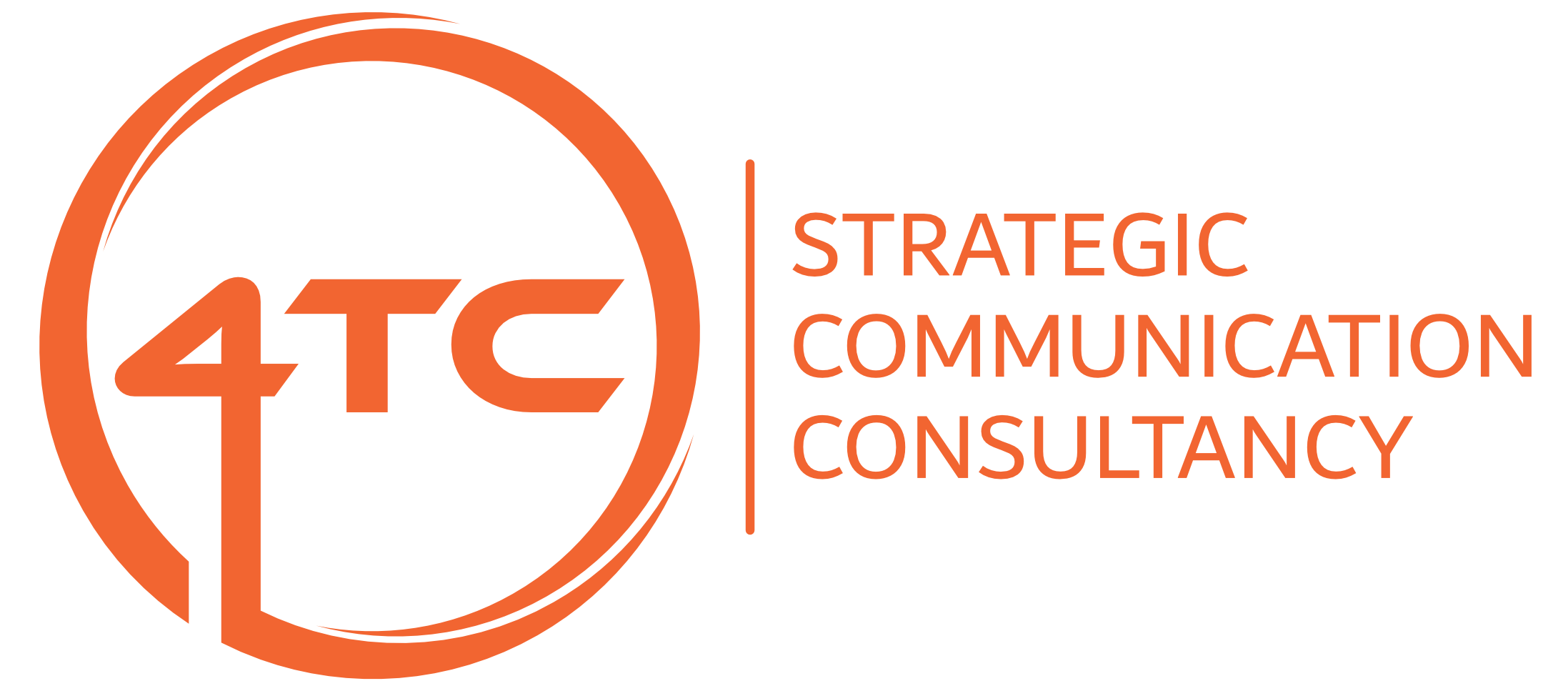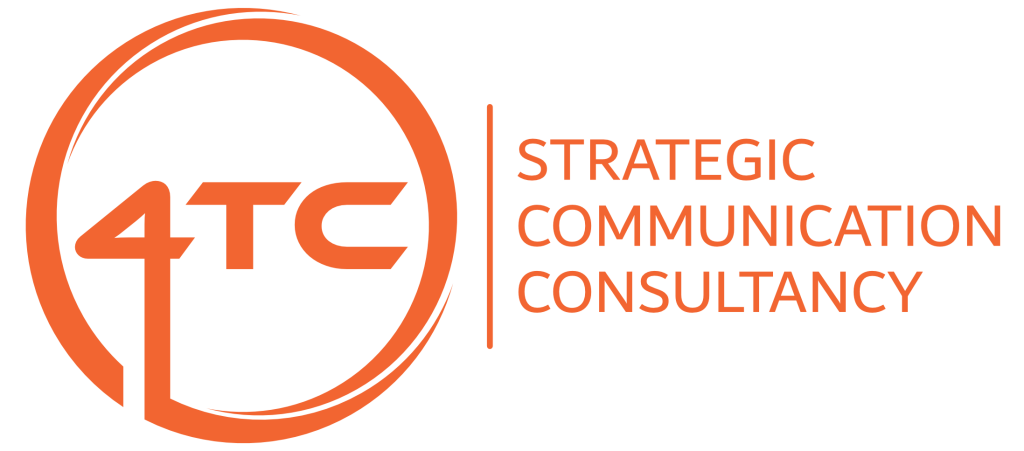“If you’re trying to persuade people to do something, or buy something, it seems to me you should use the language they use every day, the language in which they think. We try to write in the vernacular.” David Ogilvy, 23 June 1911 – 21 July 1999), advertising tycoon, founder of Ogilvy & Mather, and known as the “Father of Advertising”.
There are many variations on this quotation – appears no-one can really decide (or remember) what it was that David Ogilvy actually said about writing. What’s certain, however, is that he believed in talking to his audience on their level.


